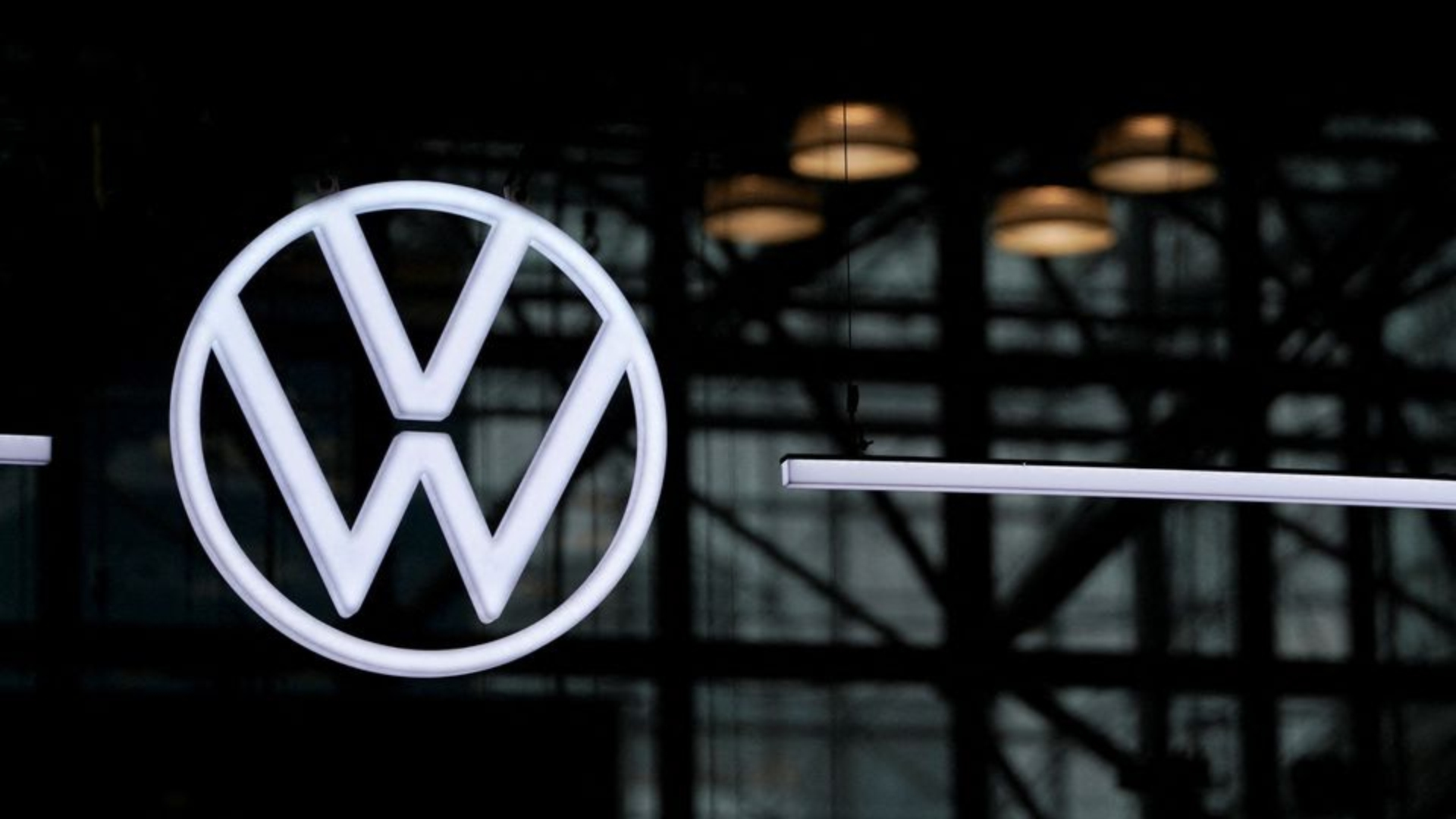BERLIN, (Reuters) – Volkswagen is in talks with its joint venture partner in China over its presence in Xinjiang, it said on Wednesday after a German newspaper reported what it said was evidence of the carmaker’s involvement in forced labour.
The issue adds to pressure on Germany’s biggest corporations to rethink ties with China, specifically in the Xinjiang region, where rights groups have documented abuses including forced labour in detention camps. Beijing denies any such abuses.
The report in business newspaper Handelsblatt said that independent researcher Adrian Zenz had found evidence of the use of forced labour in the construction of a test track in Turpan, Xinjiang, which is operated by a subsidiary of the joint venture of SAIC and Volkswagen.
“Volkswagen is currently in talks with the non-controlled joint venture SAIC-Volkswagen about the future direction of business activities in Xinjiang province. Different scenarios are being considered intensively,” a spokesperson said when asked about the report.
SAIC did not immediately respond to a Reuters request for comment.
Rights groups have documented the ethnic minority Uyghur population being subjected to forced labour in detention camps in the region, allegations rejected by Beijing.
Zenz said in an email to Reuters that he had found photos and statements online, including on the website of an engineering company hired by Volkswagen and SAIC in Xinjiang, which indicated that Ugyhurs were employed to construct the test track under poverty alleviation programmes that U.N. experts have said often involve forced labour.
He said Volkswagen’s move to review options for the site was inadequate in light of the most recent revelations, given criticism of the carmaker’s Xinjiang engagement was not new.
‘NO LONGER INVESTIBLE’
“In my opinion Volkswagen has to publicly announce that they’re going to get out as soon as they can,” Zenz added.
He also said he had found photos of workers at the engineering company, China Railway Engineering Corporation, wearing military drill uniforms and a red flower which he described in a post on X as a “typical feature of the most coercive labor transfers”.
China Railway Engineering Corporation did not immediately respond to a request for comment.
The news comes less than a week after German chemicals giant BASF disclosed it would sell its stakes in two joint ventures in the Xinjiang region, also citing reports containing serious allegations regarding human rights violations.
Volkswagen said in a statement to Reuters that it was not previously aware of any indications of human rights abuses at the test track, which was built in conjunction with the carmakers’ jointly owned site in Urumqi.
When asked why the test site was not audited together with the Urumqi site last year, Volkswagen said that would not have been possible because the two sites were owned by different operating companies. It did not name the companies.
Stephan Weil, the premier of the German state of Lower Saxony – Volkswagen’s second-biggest shareholder – called the reports “concerning”, adding his government supported reviewing different scenarios for the business.
German fund manager Union Investment said the latest news meant Volkswagen no longer qualified for investment from its sustainable funds.
“Today’s allegations have a new dimension. With that, Volkswagen is no longer investible for our sustainable funds,” Union Investment’s Janne Werning said in a written statement.
Reporting by Victoria Waldersee; Writing by Christoph Steitz; Editing by Miral Fahmy, Keith Weir and Mark Potter











